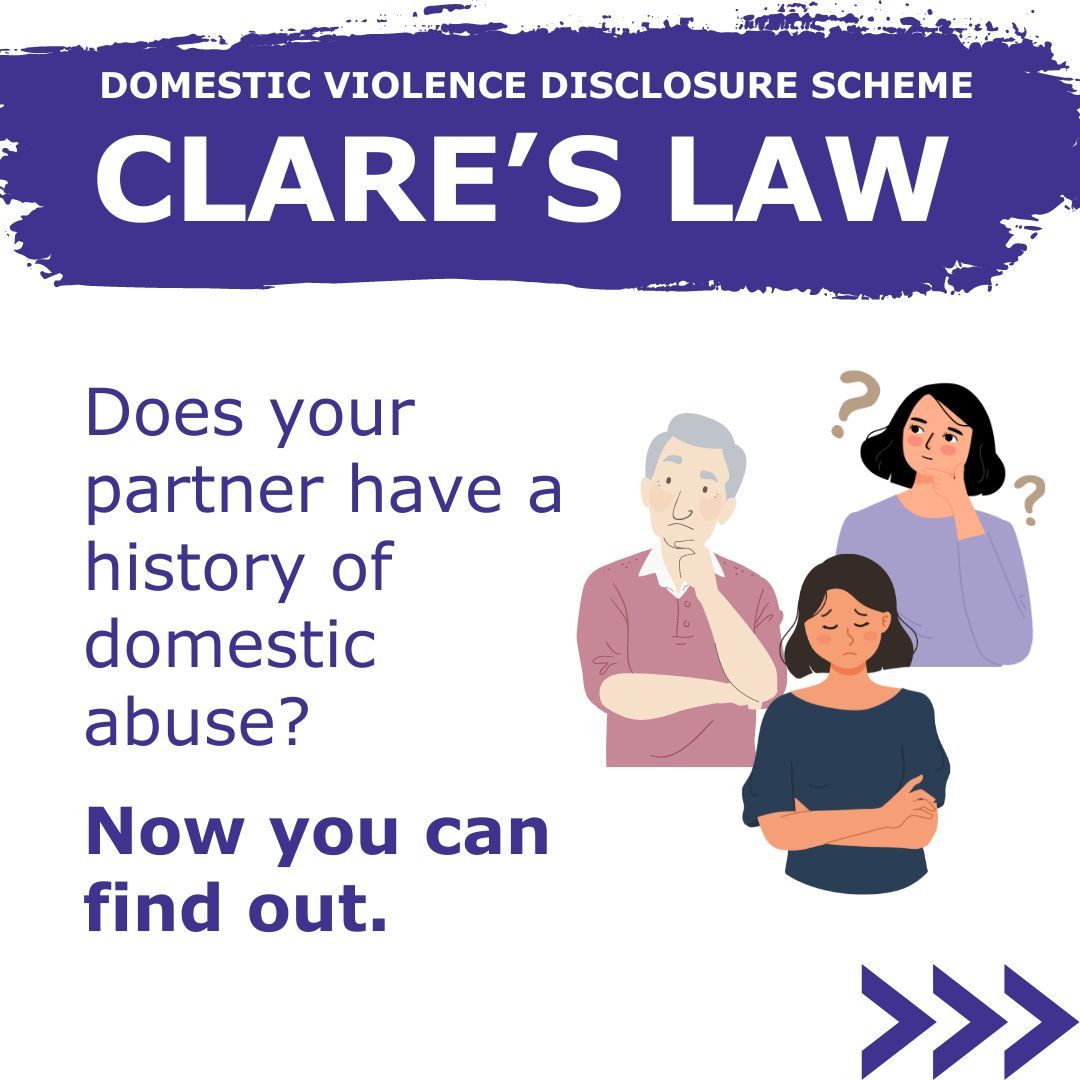Understanding ‘Love Bombing’
What is love bombing?
Love bombing refers to a pattern of overly affectionate behaviour that typically occurs at the beginning of a relationship, often a romantic one. It is an abuse tactic which involves overwhelming someone with grand gestures, constant communication, and lavish gifts. While these actions may initially seem flattering, they are often used to manipulate and create dependency, leading to both emotional and physical abuse. The love bomber’s ultimate goal is to control and manipulate their partner.
Sometimes love bombing is also used after an incident of abuse or if the abuser feels they are losing control. They may propose marriage or promise a different future together.
What can follow after love bombing?
After love bombing, abusers may attempt to create emotional wedges between the victim and their family and friends. They may criticise the victim’s loved ones and create conflicts to drive them apart.
Abusers will often start to monitor their victims calls, emails, and social media activities, making it hard for the victim to seek help or maintain relationships. They may prevent victims from leaving the house, attending social events, or going to work. This physical isolation further cuts them off from support networks.
When abusers isolate their victims, they create a situation where the victim becomes increasingly reliant on them for both emotional and practical support. This heightened dependency can make it significantly more challenging for the victim to recognise the abuse or to leave the relationship.
Recognising the signs
Protecting yourself from love bombing means being aware of the signs and taking steps to maintain healthy boundaries. Signs can include:
Excessive flattery: Constantly praising in an over-the-top manner.
Intense communication: Non-stop overwhelming texts, calls, or messages.
Lavish gifts: Extravagant gifts, especially early in the relationship.
Future talk: Talking about a future together very early on.
Living together: Moving into your home soon into the relationship or talking about living together.
Isolating from family and friends: Placing their importance over your family and friends and attempting to isolate you from them.
Kiena Dawes
Kiena Dawes, tragically died by suicide in 2022 after disclosing coercive and controlling behaviour, abuse and violence perpetrated by Ryan Wellings. This is one of many cases where love bombing can be observed. Very early on in the relationship, Wellings tattooed Kiena’s name on his neck, and two weeks later he had a portrait of her face tattooed on the back of his leg. However, within a month of the relationship Wellings started to become abusive towards her. (The Guardian News)
The CPS prosecution updated guidance on controlling and coercive behaviour and stalking or harassment advises prosecutors about the different tactics a suspect can use, including ‘love-bombing’.
Precautions you can take
- Don’t rush into the relationship. Take time to get to know the person.
- Let the other person know your boundaries and stick to them.
- If you feel overwhelmed, it’s okay to limit communication.
- Keep a balanced perspective and don’t get swept away by grand gestures.
- If something feels off, trust your instincts.
Remember, it’s important to prioritise your emotional well-being and ensure that any relationship you enter is based on mutual respect and genuine affection. If you ever feel uncomfortable or unsure, don’t hesitate to seek help and take steps to protect yourself.
Use Clare’s Law
If you’re concerned that your partner or ex-partner might have an abusive past, you can use Clare’s Law to request information from the police about their history of violence or abuse. This applies to all genders and sexualities, and you can also make a request if you’re worried about a friend or relative. Anyone can apply for a disclosure using Clare’s Law.
Local support
If you or someone you know is experiencing domestic abuse it’s important to know that you are not alone and there are people ready to help, our services are for everyone regardless of age, social background, gender, religion, sexuality or ethnicity. Compass is the domestic abuse line for Essex, and you can call them on 0330 333 7 444 or visit their website.



